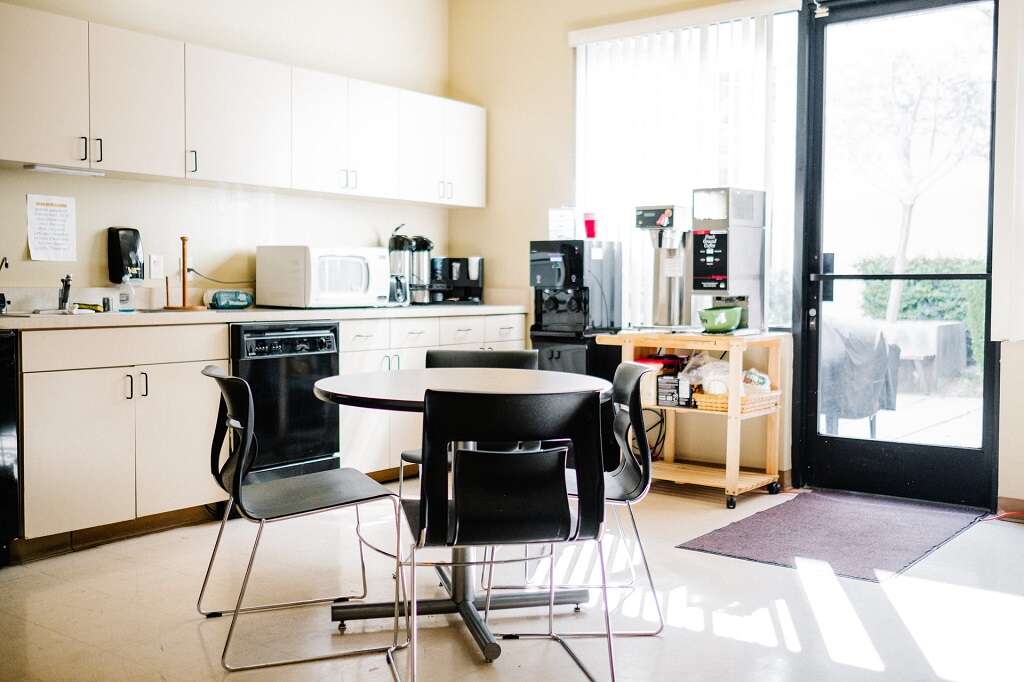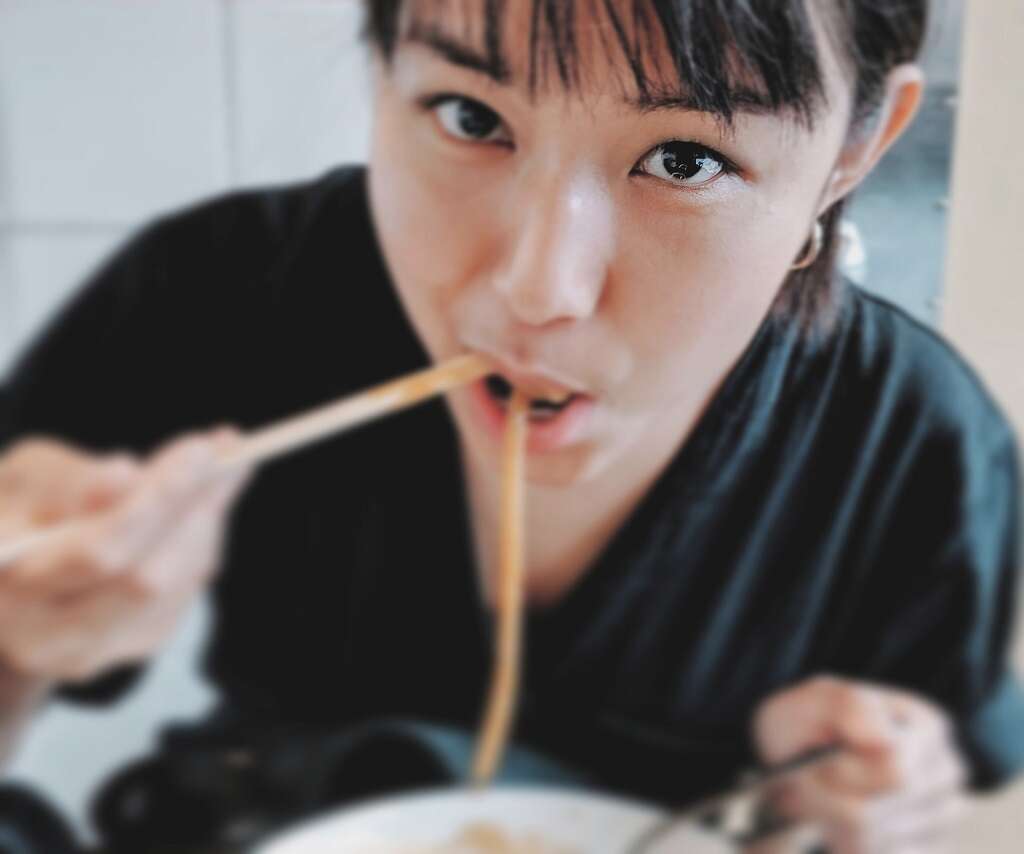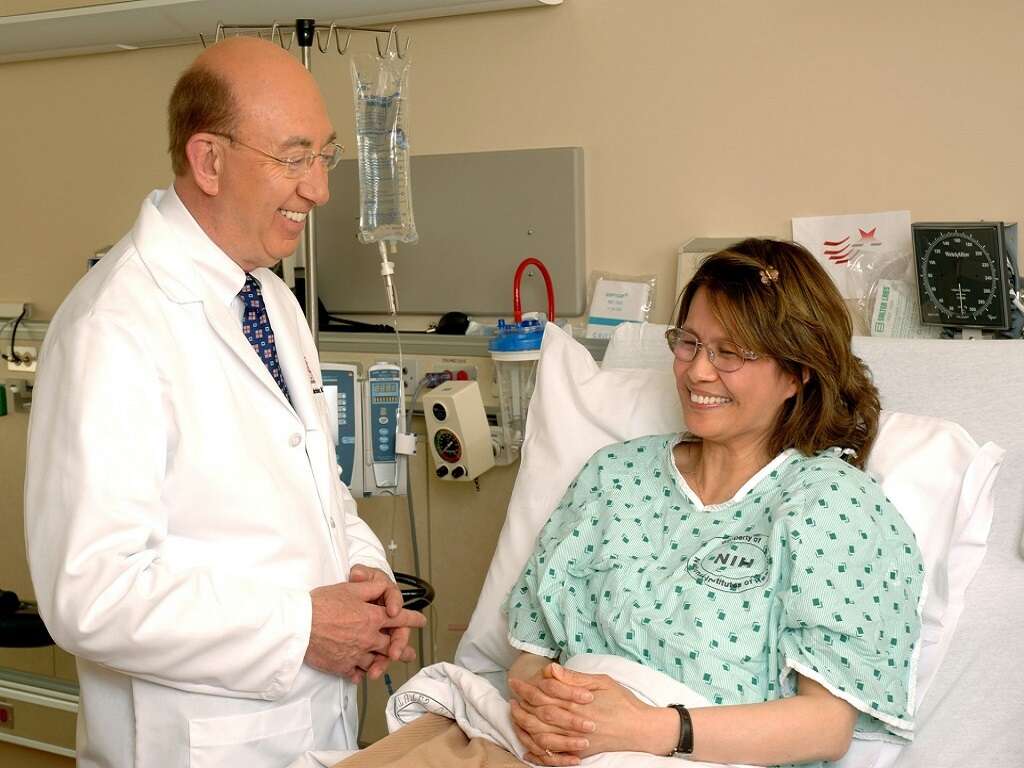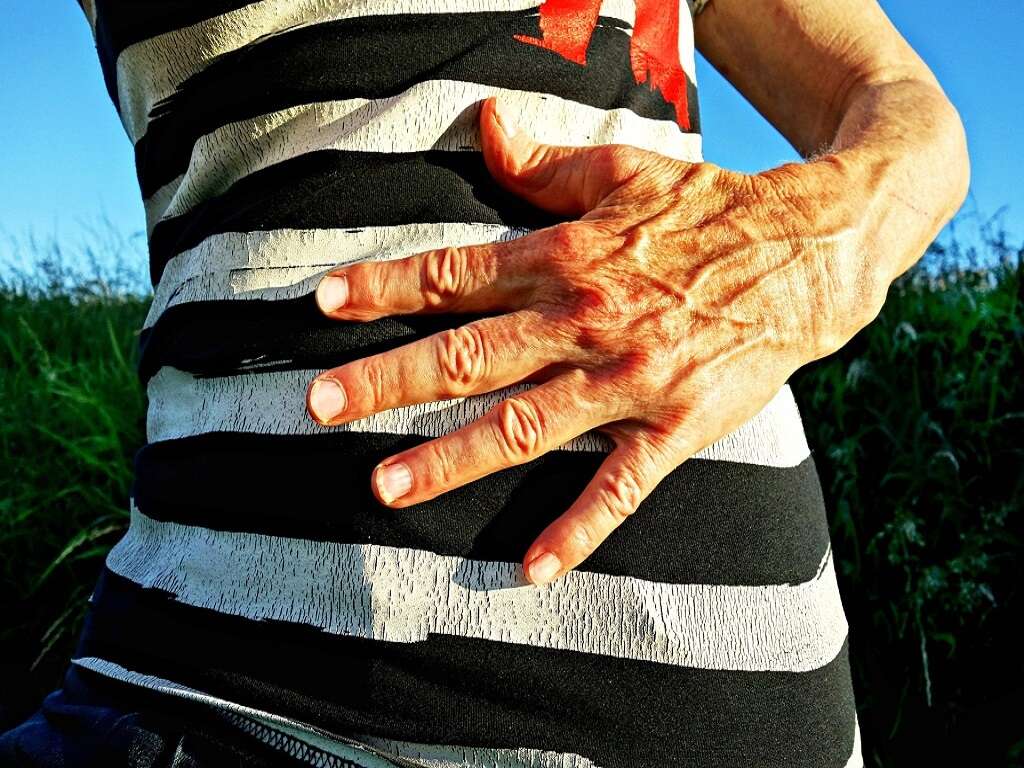10 Indigestion Symptoms
 Article Sources
Article Sources
- 1. 'Indigestion.' Mayo Clinic, Mayo Foundation for Medical Education and Research, 19 Apr. 2019, www.mayoclinic.org/diseases-conditions/indigestion/symptoms-causes/syc-20352211
- 2. 'Heartburn.' Mayo Clinic, Mayo Foundation for Medical Education and Research, 17 Apr. 2020, www.mayoclinic.org/diseases-conditions/heartburn/symptoms-causes/syc-20373223
- 3. 'Nausea & Vomiting: Treatment & Care.' Cleveland Clinic, my.clevelandclinic.org/health/symptoms/8106-nausea--vomiting.
- 4. 'Indigestion.' Johns Hopkins Medicine, www.hopkinsmedicine.org/health/conditions-and-diseases/indigestion.
- 5. 'Heart Palpitations.' Mayo Clinic, Mayo Foundation for Medical Education and Research, 16 Apr. 2020, www.mayoclinic.org/diseases-conditions/heart-palpitations/symptoms-causes/syc-20373196
The enjoyment of a favorite dish can be ruined in an instant if a bout of indigestion follows. Also known as dyspepsia, indigestion is a general term for pain in the stomach, usually experienced after consuming food. The pain usually occurs in the upper abdomen.
Most people are likely to experience indigestion at some point. Some individuals experience it regularly, while others may only have indigestion once or twice a year. Indigestion symptoms can range from very mild to severe and can last for minutes or even days. Besides abdominal pain, bloating and nausea are other symptoms of indigestion.
Abdominal Pain
Shortened lunch breaks at work, unscheduled appointments, or unexpected visitors may result in someone having to rush their food. This could bring on indigestion. One particular indigestion symptom that people may experience after eating their food too quickly is abdominal pain.
Eating too quickly can cause people to swallow more air, which causes bloating and gas, resulting in abdominal pain. Pain and discomfort in the abdominal area, especially the upper region, can result from any number of medical issues. If it occurs after eating, then goes away after a short time, it's typically caused by food and is a symptom of indigestion.

Bloating
Eating too quickly can also result in bloating. This symptom of indigestion can occur if a person has overeaten. Consuming rich or fatty foods can also result in feeling stuffed or bloated. The stomach can feel tight and uncomfortable due to a buildup of gas.1‘Indigestion.’ Mayo Clinic, Mayo Foundation for Medical Education and Research, 19 Apr. 2019, www.mayoclinic.org/diseases-conditions/indigestion/symptoms-causes/syc-20352211
It's not unusual for a person to overindulge, especially over the festive season. People may experience a swollen and sometimes painful abdomen with bloating.

Trapped Gas
Certain foods are more difficult to digest than others. These may include carbohydrate-dense foods such as rice, pasta, pretzels and doughnuts. Eating these foods, especially in excess, can cause a person to experience indigestion symptoms such as trapped gas.
Trapped gas, which occurs in different locations of the digestive system, can result in bloating, burping and flatulence. Those with trapped gas may hear rumbling or gurgling noises from the stomach.

Heartburn and Acid Reflux
Acid reflux and heartburn are different names for the same thing. Both can be a symptom of indigestion.
Heartburn and acid reflux occurs when a person's stomach acid backs up into their esophagus.2‘Heartburn.’ Mayo Clinic, Mayo Foundation for Medical Education and Research, 17 Apr. 2020, www.mayoclinic.org/diseases-conditions/heartburn/symptoms-causes/syc-20373223 This can result in a burning sensation in the center of the chest and an unpleasant taste in the mouth due to stomach acid. Heartburn normally develops after eating a meal and can last for several hours. Lying down in certain positions can aggravate the condition, resulting in sleepless nights.

Nausea
Nausea is the sensation of a compulsion to vomit.3‘Nausea & Vomiting: Treatment & Care.’ Cleveland Clinic, my.clevelandclinic.org/health/symptoms/8106-nausea–vomiting. It is not uncommon for someone to feel nauseous after eating too much, eating too quickly, or eating something unpleasant. Nausea sometimes occurs at the same time as another indigestion symptom, heartburn.
The unpleasant taste in the mouth associated with heartburn can result in a person feeling the need to vomit. Belching and burping are other symptoms of indigestion, and if done excessively, they can lead to nausea and ultimately, vomiting.

Stomach Cramps
Stomach cramps can cause discomfort to anyone who has to endure them, and they sometimes generate a certain amount of pain. It's not uncommon for an individual to experience these cramps while having indigestion.
Someone with stomach cramps may experience a tight or knotted feeling in the muscles of their belly. This uncomfortable sensation may coincide with bouts of nausea and diarrhea. The cramps are not normally serious and will generally go away on their own within a day.

Quickly Feeling Full
Feeling unnaturally full very quickly is another symptom of indigestion. Ingestion may occur when acid comes into contact with the protective lining of the digestive system. This inflammation may result in early satiety.
Individuals who experience this symptom of indigestion may also feel nauseous during their meals. Normally this symptom is only a minor issue, but it can result in a nutrient deficiency if it continues to be an issue.

Diarrhea
Diarrhea can be caused by too much alcohol, food allergies or sensitivities, food poisoning or other infections affecting the digestive tract. It can also be a symptom of indigestion.4‘Indigestion.’ Johns Hopkins Medicine, www.hopkinsmedicine.org/health/conditions-and-diseases/indigestion. If someone has loose, watery stools three or more times in one day, they have diarrhea.
Acute diarrhea usually lasts a day or two but can last longer. Avoiding coffee and alcohol, drinking plenty of water and juices to stay hydrated, and adding high-fiber foods to a diet may bring relief to this indigestion symptom.

Belching and Flatulence
Belching and flatulence can sometimes embarrass, but unfortunately, they're sometimes unavoidable. Belching and flatulence are two symptoms of indigestion that occur when the digestive tract can't break down and absorb certain foods, such as lactose from dairy or proteins from beans and grains.
Along with the foods and liquids, small amounts of air are also taken in, building up in a person's digestive system. Gases can also accumulate when someone's food is digested. These gases need to be dispelled, normally by belching and passing gas.

Heart Palpitations
Some people experiencing acid reflux symptoms due to indigestion may develop heart palpitations.5‘Heart Palpitations.’ Mayo Clinic, Mayo Foundation for Medical Education and Research, 16 Apr. 2020, www.mayoclinic.org/diseases-conditions/heart-palpitations/symptoms-causes/syc-20373196 Heart palpitations may cause a sensation of a fast-beating, pounding or fluttering heart.
Acid reflux symptoms can cause some people to become stressed about their symptoms, as they mimic a heart disease. Stress and anxiety may lead to heart palpitations, as well. Because the heart is important to a person's health, these palpitations can sometimes be worrisome but are often harmless.










